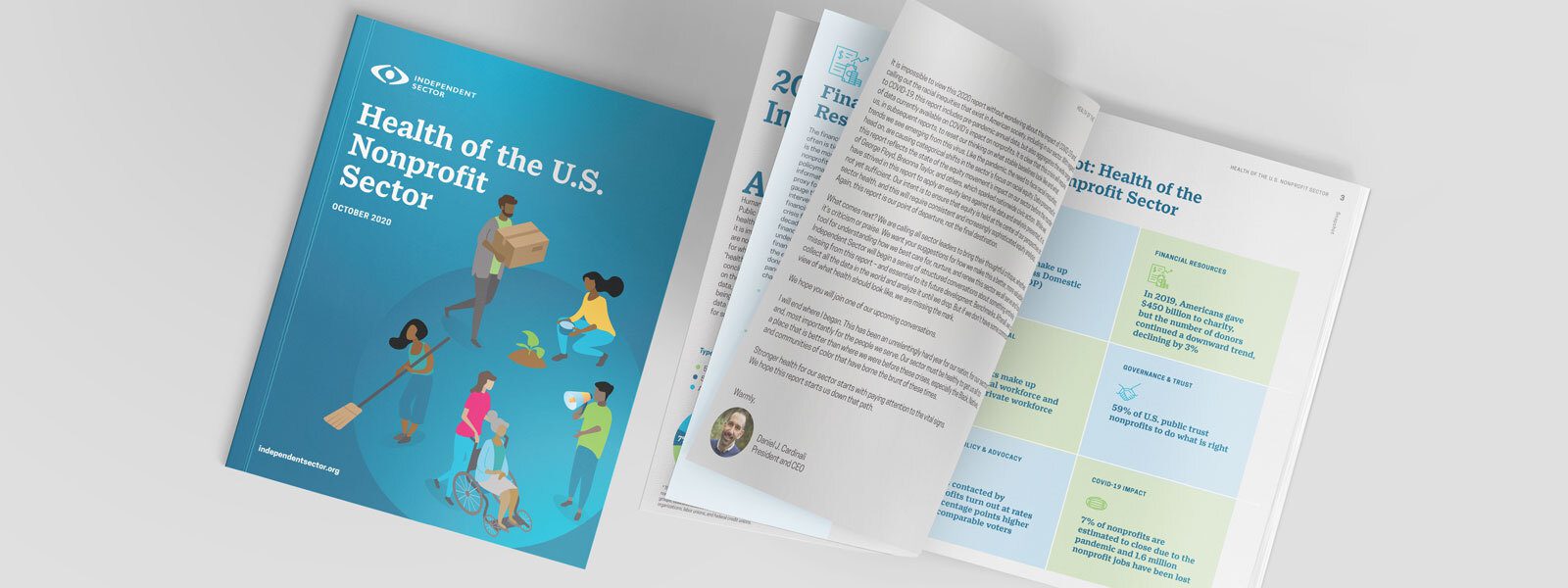We hope you refer often to Independent Sector’s 33 Principles for Good Governance and Ethical Practice and our Keeping It Ethical blog series as your organization works to execute your mission in an ethical and accountable manner.
But building knowledge goes beyond sharing and understanding these best practices. Ethical decision-making is an adaptive skill that requires critical thinking by social sector leaders to avoid situations and behaviors that could put their organizations at risk.
To help leaders strengthen their critical-thinking skills, IS and the Nonprofit Leadership Alliance have co-produced Ethical Leadership: Navigating Rough Waters with Ease, a self-paced, instructor-led course that covers key issues and risks facing social impact leaders through real-world examples, tools, and strategies.
Sign up for our next Ethical Leadership course, set for March 30 – April 20. You’ll receive a valuable toolkit of resources, and an Ethical Leadership e-Certificate when you complete the course.
Corina Sadler, volunteer resources supervisor for the city of Plano, Texas, was among the first to complete the course and receive an Ethical Leadership e-Certificate. She manages the city’s Volunteers In Plano municipal volunteer program. With 14 years in local government, she enjoys providing volunteer management guidance to nonprofits and municipalities to empower the community through volunteerism.
We checked in with Corina to get her take on the course and how it has strengthened her leadership skills.
Mareeha Niaz: Why did you want to take this course and how does it relate to your work?

Corina Sadler, CVA, is Volunteer Resources Supervisor for the City of Plano
Corina Sadler: This was my first time seeing such unique content, and the course appealed to me because it was a more immersive format, rather than just a webinar or two. I have always trusted the research and content that Independent Sector provides and I often reference your Value of Volunteer Time. I work for the city of Plano and supervise their municipal volunteer program. We are sort of a nonprofit department of the City, as I identify with so many nonprofit issues working with the community to solve problems. Our program had 10,513 volunteers last year across all city departments and serves a population of about 286,000. I wanted to take this course because we have a diverse community both culturally and generationally. When placing volunteers in various environments I am faced with decisions where I have to assess not only the best interest of the volunteer, but also for city staff and the community at large.
MN: What did you most enjoy about your course experience?
CS: I most enjoyed that this course brought together research and reflection. I also appreciated that there was content dedicated to exploring trust and fairness in relationships. It gave me time to think about how leadership and honesty drive success. The course provided all different types of learning modes. There was a variety of formats between video, articles, and posts. The dynamic content helped me stay engaged and focused. One of my favorite parts was an opening video interview with IS President and CEO Dan Cardinali. He helped bring to life what can feel like a long and dense guide. He said one thing along the lines of, “when individuals do private action in the service of public good, they actually have the common good in mind.” This served as important grounding for the overall experience.
MN: Who would you recommend take this course?
CS: I think anyone with a mission-driven goal would learn a lot from this course. Personally, I wasn’t sure whether the course would be a good fit for me since I am not at a traditional nonprofit. Instead, it made my experience richer, allowing me to learn from course peers across the country and to offer my own perspective from a government angle. Interaction with peers in the course raised real examples, including situations other learners had encountered and real-time responses that pushed my thinking. This is an especially a great course for people with decision-making power – even if it’s a program.
If you’ve completed the course, we’d love to hear from you! And remember:
- Sign up for the next Ethical Leadership: Navigating Rough Waters With Ease, starting March 30 –April 20.
- Help keep your organization on the ethical right side by using the 33 Principles for Good Governance and Ethical Practice and additional online tools and resources in our Principles Resource Center.



